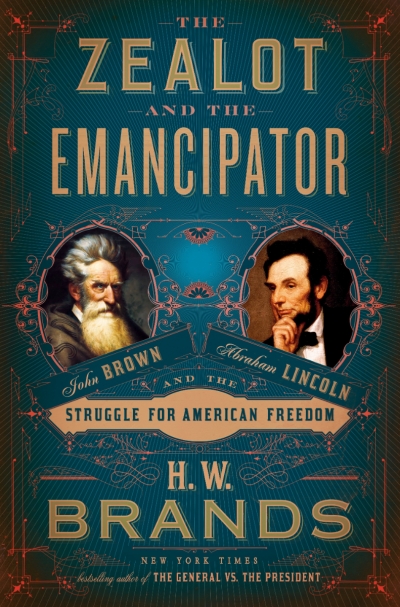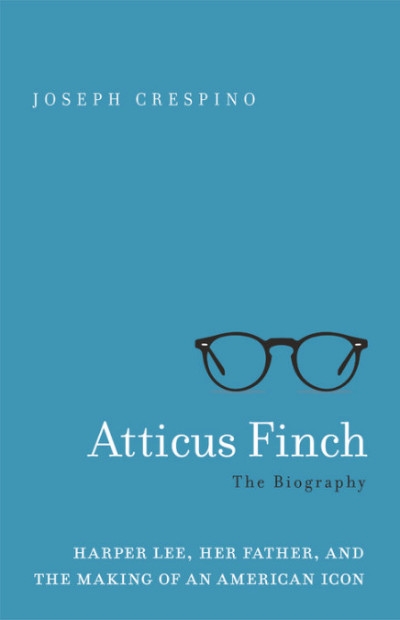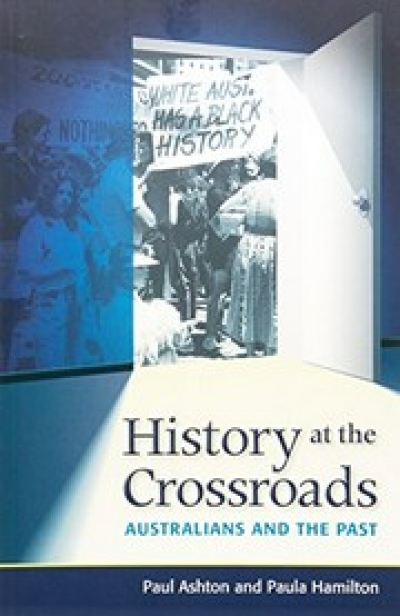'The past is a foreign country; they do things differently there,’ said historian David Lowenthal in 1985, adopting L.P. Hartley’s famous opening line from The Go-Between. Most historians agree, proceeding from the premise that the past is remote and in need of discovery, and that there is no automatic link between people in the present and those in the past. It is a supposition in complete contradistinction to non-professionals’ ideas about the past, according to historians Paul Ashton and Paula Hamilton, directors of the Australian Centre for Public History at the University of Technology, Sydney. For most Australians, history takes place where they ‘feel at home’. That is, it is a domesticated pursuit, consumed in familiar surrounds, and more often than not related most intimately to family and genealogy.
...
(read more)



